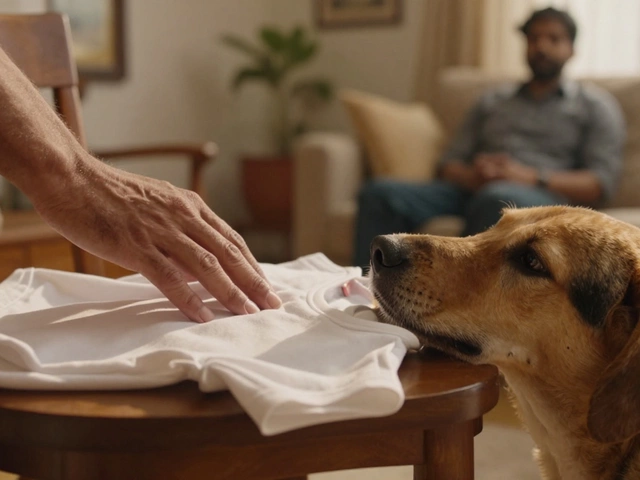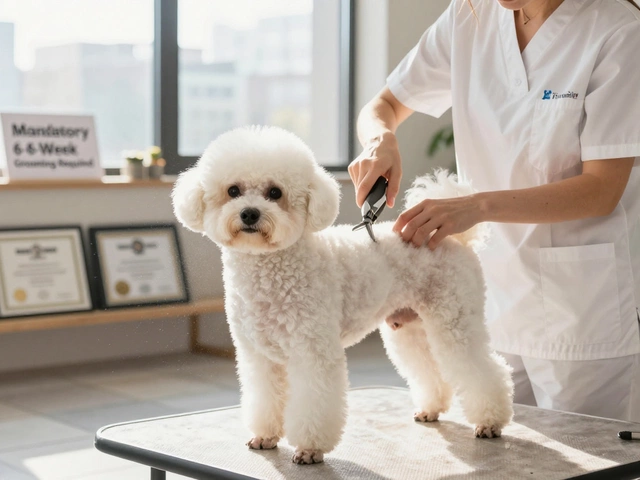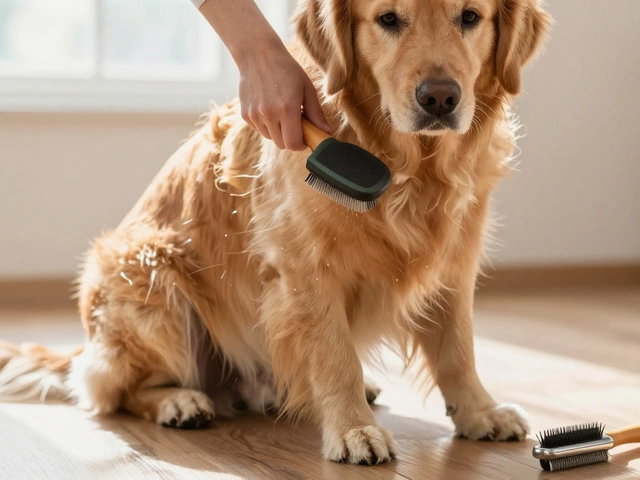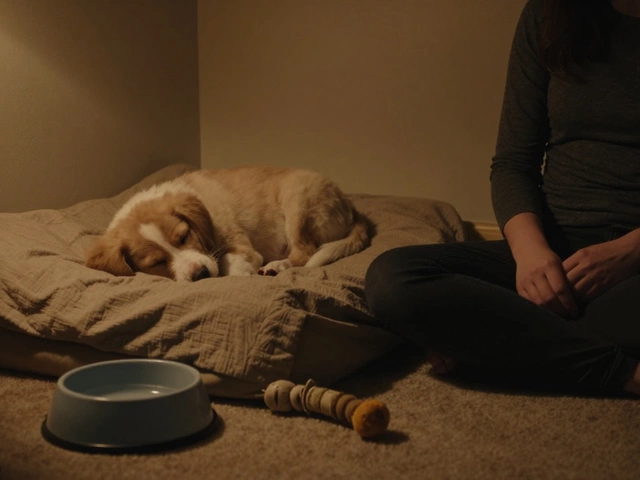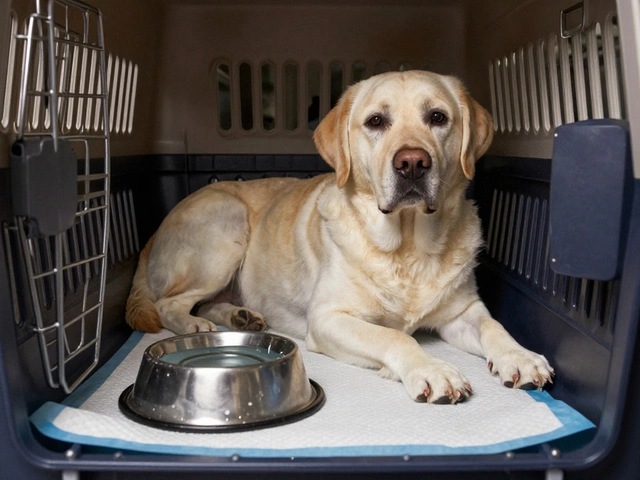Senior Dog Care: Simple Tips for a Happy Golden Age
Got a dog that's hitting the golden stage? Those extra years can be just as fun as the puppy phase, but they need a few adjustments. Below are the must‑do steps that keep senior pups feeling spry, comfy, and loved.
Health Checks & Vet Visits
First thing’s first – schedule a thorough vet exam at least once a year. Older dogs develop joint stiffness, vision changes, or dental issues that aren’t obvious to you. Ask the vet to check blood work, weigh your pup, and screen for arthritis, kidney health, and thyroid function. Catching problems early means simpler treatment and more good days.
Don’t skip the dental clean‑up. Plaque can turn into painful gum disease, which can affect appetite and overall health. If your dog hates the brush, look for a chew toy designed to scrub teeth – many senior‑friendly options are soft enough not to hurt sore gums.
Vaccinations and parasite preventives still matter, but your vet may recommend a lighter schedule based on activity level and health status. Keep a notebook of any changes you notice – slower walking, new whining, or a shift in bathroom habits – and bring it to each appointment.
Everyday Comfort & Lifestyle
Comfort starts with where they sleep. Orthopedic dog beds or memory‑foam mats take the pressure off aching hips and knees. Place the bed in a quiet, draft‑free corner, but still close enough to family activity so your senior dog feels included.
Food matters, too. Senior formulas have fewer calories but more joint‑support nutrients like glucosamine and omega‑3 fatty acids. If your dog still loves the old kibble, mix in a scoop of wet food or a spoonful of pumpkin puree for extra moisture and fiber. Small, frequent meals can help with digestion and keep energy levels steady.
Exercise doesn’t disappear; it just changes pace. Short, twice‑daily walks on soft surfaces protect sore paws, while gentle indoor play keeps muscles moving. Swimming or low‑impact hydro‑therapy pools are great if you have access – they work the joints without weight‑bearing stress.
Think about mental stimulation. Puzzle feeders, scent games, and short training sessions keep the brain sharp. Even a simple “find the treat” game under a cup can stave off boredom and anxiety.
Lastly, watch the temperature. Senior dogs are less able to regulate heat, so keep them cool in summer with fresh water, shaded spots, and a fan if needed. In winter, a warm blanket or a heated pet pad can make a huge difference.
With these easy adjustments – regular vet check‑ups, supportive bedding, senior‑focused nutrition, low‑impact exercise, and brain games – your older companion can enjoy a comfortable, joyful life. Remember, love and attention are just as important as any product or routine. Keep the cuddles coming, and you’ll both treasure those mellow moments together.
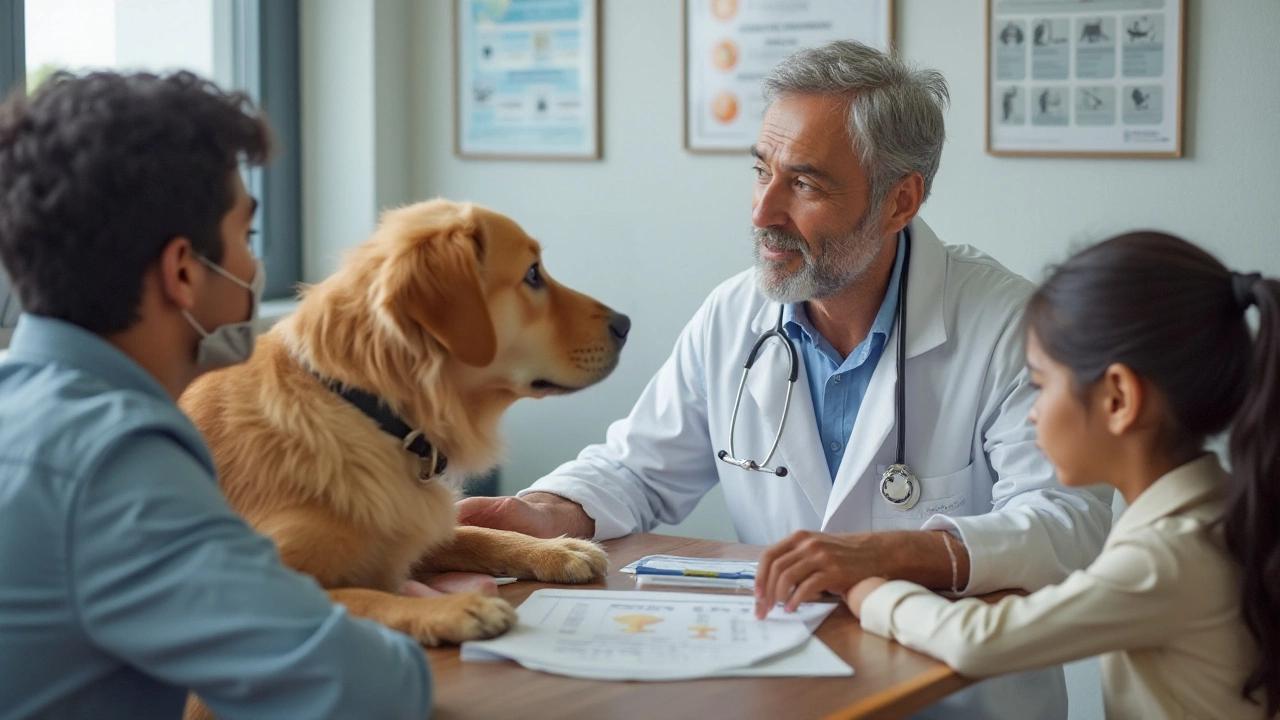
When Should You Stop Vaccinating Your Dog?
Vaccinating your dog is vital to ensure their healthy life, but knowing when to stop isn't always clear. This article explores age-related vaccination guidelines, special considerations for senior pets, and how to discuss a personalized vaccination plan with your veterinarian. It provides insights into vaccine types and their necessity over a dog’s lifespan. Understanding these aspects can help make informed decisions about your dog's healthcare.
read more